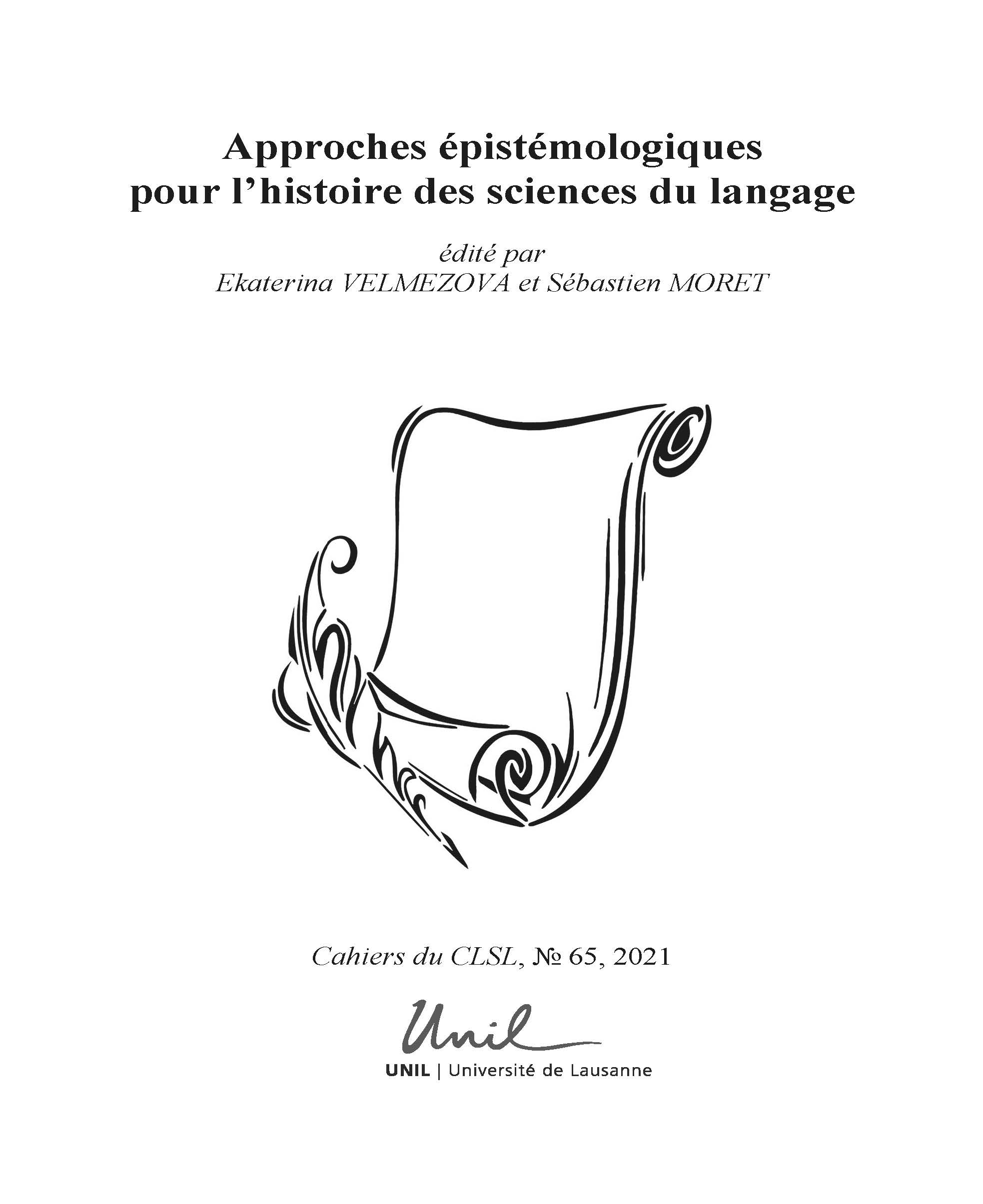Abstract
This article reveals the thesis of the "axiom of parallelism" in the logical and psychological approaches to language in the philosophies of Edmund Husserl and Anton Marty at the turn of the 20th century. The Husserlian idea of a "pure logical grammar" was strongly criticized by Marty who defends the establishment of a "general grammar" where meaning is no longer seen as an ideal entity but where ideality is contained by consciousness and whose intentionality is projected by a subjectivity that psychically values meanings. Thus the two perspectives foreseen by Marty are the descriptive and the genetic. In addition, the communicative function of language comes into play according to a teleological vision. In Marty's "general grammar", the "logically unfounded synsemantheme" is considered as a central mechanism implemented by the speaking subject.

This work is licensed under a Creative Commons Attribution 4.0 International License.
